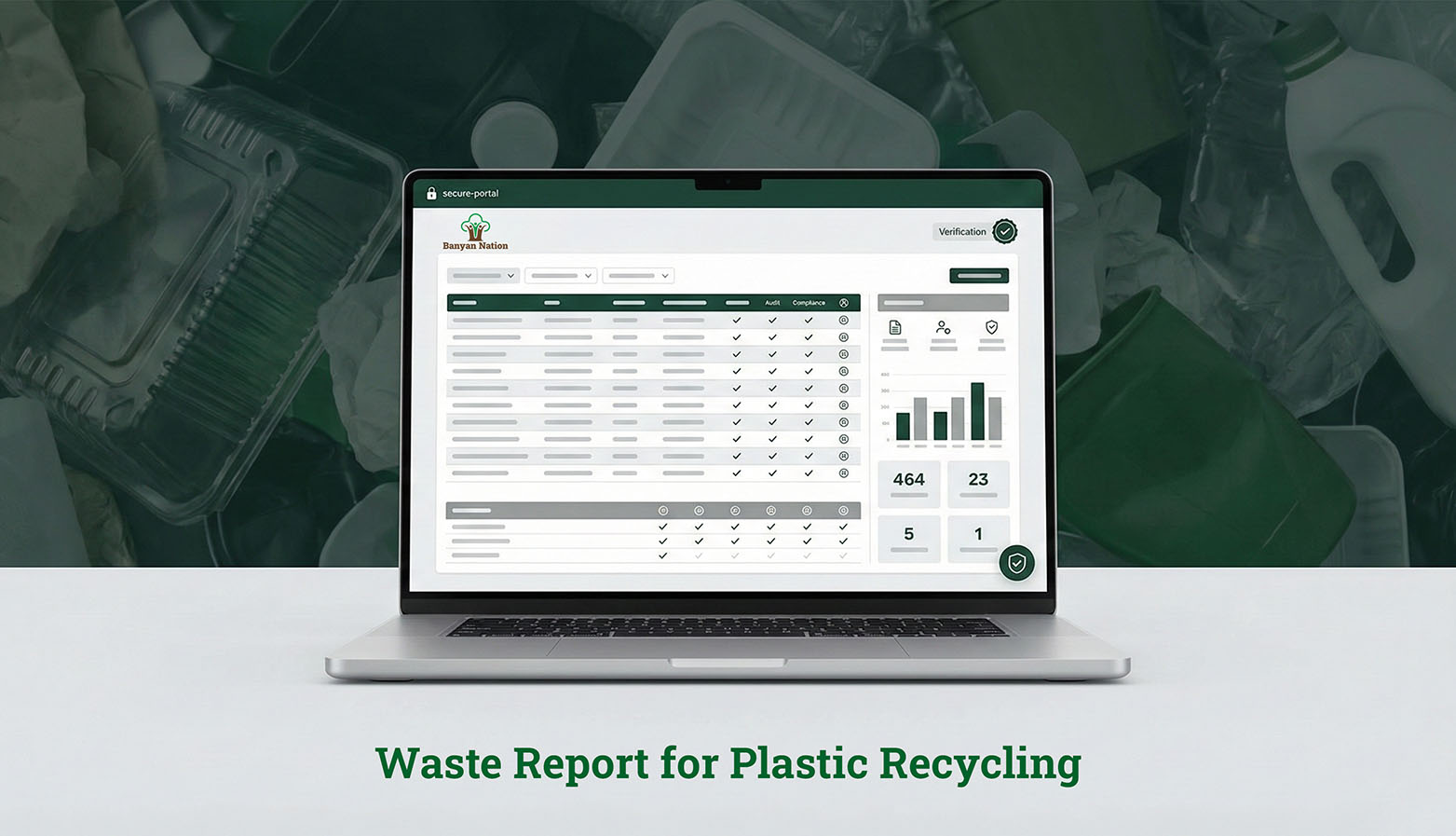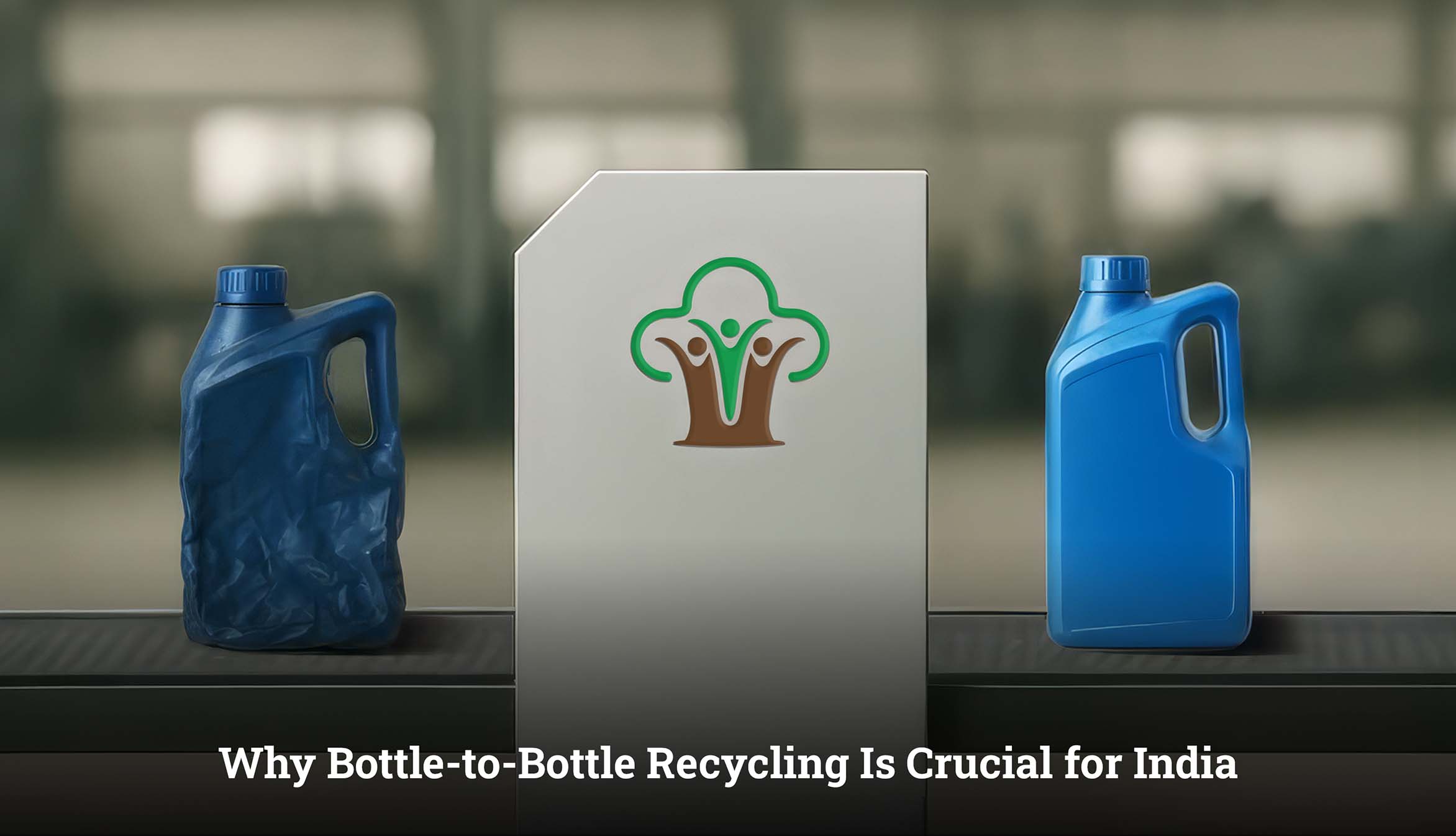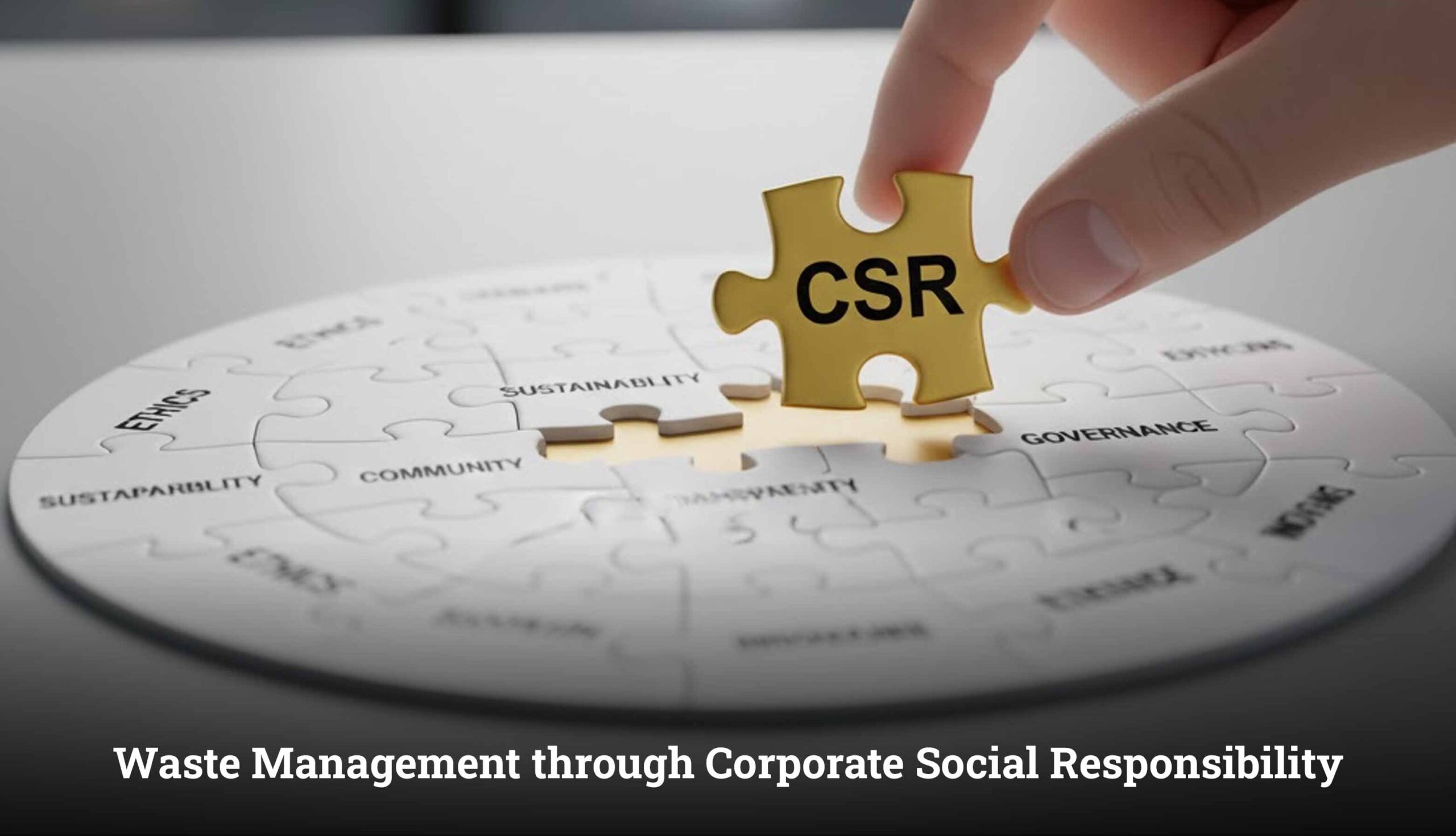A challenge that demands attending in India is plastic waste management. With a population of over 1.3 billion people, India is one of the largest producers of plastic waste and faces considerable challenges in managing the generated waste efficiently.The plastic waste management rules , 2024 aim to address the management issue through stricter regulations for biodegradables and microplastics. The plastic waste management rules in India also serve as a foundational step through the introduction of extended producer responsibility (EPR).
Evolution of Plastic Waste Management Rules in India
Amendments have been made to Plastic Waste Management Rules in India over the years. The amendments are as follows :
India Plastic Waste Management Rules, 2016
The key features focused on the mandatory segregation of waste at source, promotion of reuse and recycling of plastic material and the ban on plastic bags below 50 microns. The rules also introduced the EPR policy, holding the producers (i.e persons engaged in manufacture, or import of carry bags, multi-layered packaging and sheets or like and the persons using these for packaging or wrapping their products) and brand owners responsible for collecting waste generated from their products.
2018 Amendment
The 2018 Plastic waste management rules amendment expanded EPR to include more stakeholders making them more accountable for plastic waste management. The rules also strengthened urban local bodies (ULBs) role in enforcement.
2021 Amendment
The 2021 amendments in the Plastic Waste Management rules , India has introduced phased bans on single-use plastics. The rules also encouraged alternatives like biodegradable and compostable plastics.
2024 Amendment
These amendments in the plastic rules, India introduced the definition of producer including both importers and brand owners. The rules also highlighted mandatory EPR compliance for producers to manage the lifecycle of their products. In addition to this, increased thickness requirements for plastic bags from 50 microns to 75 microns was added along with an emphasis on non-compliance through the introduction of penalties.
Key Provisions of Plastic Waste Management Rules:
The key provisions of the Plastic Waste Management Rules in India are as follows :
- Ban on plastic bags below 50 microns to discourage single-use plastics.
- Mandatory segregation of waste at the source.
- Promotion of recycling and reuse of plastic materials.
- MOEF has revised provisions relating to plastic packaging and commodities made from compostable plastics or biodegradable plastics.
- The plastic rules in India have also added definitions of “importer”, “manufacturer” and “producer” are revised and more clarified.
- Definition of “seller” has been added.
- Some provisions are inserted which enables “Urban Local Bodies” and the Panchayat at district level to assess the plastic waste generated, plastic waste management infrastructure available for collection/ segregation/ processing and to measure to prevent stocking, distribution, sale and usage of prohibited single use plastic items in their jurisdiction. The reports will also be required to be sent to the State Pollution Control Board or Pollution Control Committee by 30th June of each year.
- Revised Marking or labelling provisions:
- Each recycled plastic packaging or commodity will have to bear a label ―recycled having (specify percentage) of recycled plastic and a mark and shall conform to the Indian Standard: IS 14534: 2023 titled as―Plastics — Recovery and Recycling of Plastics Waste — Guidelines, as amended from time to time.
- Each plastic packaging or commodity made from compostable plastics will have to bear a label ―compostable only under industrial composting and shall conform to the Indian Standard: IS/ISO 17088:2021 titled as Specifications for Compostable Plastics.
- Revisions in the forms: Form I, Form V, Form VI and Form VII.
Challenges in Implementing Plastic Waste Management Rules
The challenges in implementing plastic waste management rules in India are as follows:
Lack of Infrastructure
The lack of processes and infrastructure becomes a key challenge during the collection, segregation, and recycling of plastic waste. Insufficient transportation further hampers the disposal and collection process.
Informal Recycling Sector
The large presence of the informal market makes it difficult to formalise and regulate the plastic recycling rules in India.
Behavioral Change
Changing consumer behavior and the lack of awareness about proper waste disposal and effective waste management practices add to the challenge.
Advanced recycling technologies
Limitation in the access to advanced facilities for segregating and processing different types of plastic waste.
Enforcing regulations
Limited resources and bodies to implement the plastic waste management laws. In addition to this, there is a lack of coordination and cooperation between stakeholders and bodies involved. The absence of clear guidelines contributes to inefficiencies in managing plastic waste.
Innovations and Solutions for Plastic Waste Management
With the goal and aim to discover innovators and solutions in the plastic management space around the world, The Global Plastic Action has partnered with UpLink to launch GPIN. The partnership aims to build a community of innovators that works together to eradicate plastic pollution with the innovations and the plastic recycling rules. Below are examples of innovators making strides in this space:
Siklus
The company delivers refills of everyday needs to people’s doors without any generation of plastic. An alternative to low value plastic is provided with refill stations allowing the consumers to buy household products in any quantity without bringing plastic packaging.
Plastic Fischer
The company has developed low-tech plastic collection systems designed for rivers. Some have already been deployed in Bali.
Diwama
The company provides a software and hardware solution for waste-sorting facilities. The technology uses AI-based software recognition that works to automate waste analysis.
Waste Bazaar
The company is a clean-tech company that provides waste collection and recycling services in Nigeria. They use a mobile-phone app with geolocation to connect users to the nearest recycling stations. At the stations recyclable plastic waste can be exchanged for green credits.
Wasser 3.0
The company has introduced a solution that helps effectively remove microplastics and micro pollutants from different types of water.
TONTOTON
The company has introduced a system to clean plastic from their environment while earning a livelihood through a plastic credit system
The Role of Businesses in Plastic Waste Management
Businesses play a crucial role in plastic waste management. They play the role of primary producers and distributors of plastic products and are essential to making changes in their supply chains to improve plastic waste management.
The transition to sustainable packaging is one of the most effective ways for businesses to reduce plastic waste. The switch can be made from single-use plastic to recycled plastics, biodegradable or compostable alternatives. In addition to this, businesses can also encourage consumers to adopt sustainability. Consumers also play a critical role in plastic waste managment through the choices they make. Changes to consumer behaviors in their daily habits can make a significant impact over time. The proper disposal of waste whenever possible, with disposal into appropriate bins, participation in local beach and community cleanups can all help remove the plastic waste from our natural environments and prevent it from entering the waterways.
How Banyan Nation Can Support Plastic Recycling Compliance
Banyan Nation can support business for their plastic recycling compliance in the following ways :
Extended Producer Responsibility (EPR)
Banyan Nation can help businesses fulfill all their EPR obligations through the provisions of solutions for recycling and utilisation of recycled plastics in the production of productions and packaging. Banyan Nation’s transparent operations with 100% traceable documentation, help brands in India achieve their EPR targets.
Recycled Resins
Banyan Nation has developed pioneering plastic washing, recycling technologies to eliminate, deodorize to remove odors and contaminants. The recycled resins that can be used for packaging meets the highest quality and standards.
Plastic credits
Banyan Nation is registered with Verra’s Plastic Reduction Program and offers plastic credits for brands looking to meet their plastic stewardship goal.
Supply chain integration
Banyan Nation has mapped, trained and integrated 1000’s of informal waste collectors and aggregators to assure that there is material traceability across the value chain. Banyan is the first company in India answering the call for circular economy and developing a HDPE bottle-grade scrap bale by partnering with informal collectors and aggregators.
Advisory Services
Banyan offers businesses services that are focused on the key processes that help the companies design, manage and implement changes to their product and packaging life cycle through the incorporation of sustainability.
Conclusion
The evolution over the years of the india plastic waste management rules shows a progressive commitment to tackling plastic pollution. While the challenge remains, the continuous improvements to the regulations shows dedication to sustainability. The involvement of various stakeholders from the local communities to producers highlights a collaborative effort in addressing this challenge. Businesses and consumers have a very critical role to play in plastic waste management. Working together will help reduce the reliance on single-use plastics and improve our waste management practices. The collective effort and commitment to this initiative is paving the way towards a cleaner and greener future of India.
FAQ's
What is Extended Producer Responsibility (EPR) under plastic waste laws?
The Extended Producer Responsibility is a policy under the plastic waste law that makes the producers responsible for the entire lifecycle of their products. This spans from collection to recycling to the final disposal of the product. EPR aims to promote sustainable product design and reduce waste.
How does the single-use plastic ban affect businesses?
The single-use plastic ban has led to a drop in demand for plastic items such as plates, spoons, bags and straws. The businesses that rely on these have faced challenges such as reduced sales and the need to find alternative materials. Some businesses that have been affected have switched to eco-friendly alternatives like cloth bags and glass guards but with an increase in costs.
What is the penalty for non-compliance with plastic waste laws in India?
The penalty for non-compliance with plastic waste rules in India includes penalties ranging from Rs 5,000 to Rs 20,000 per ton. The penalty depends on the level of violation and frequency of the offense. For example, for the use of plastic bags that are thinner than 120 microns a fine of Rs 5000 per ton is applicable. In the case of failure to meet the EPR regulations, producers, owners and brand owners can face fines of up to Rs 1,00,000.
What are the rules for recycling plastic?
The rules for recycling plastic in India are as follows :
- Segregation at Source : The plastic waste must be segregated by the waste generators
- Collection and Transportation: The responsibility of collecting and transporting plastic waste to the facilities lies with the local bodies.
- Recycling: The plastic waste must be processed and recycled in an environmentally sustainable manner
- Compliance with standards: The recycled plastic products must align with specific standards to ensure that it is safe and environmentally friendly.
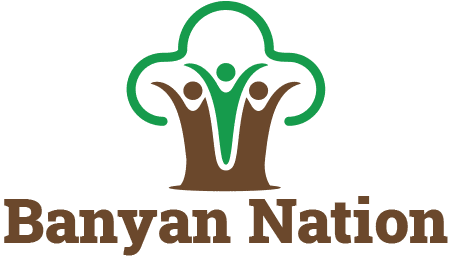
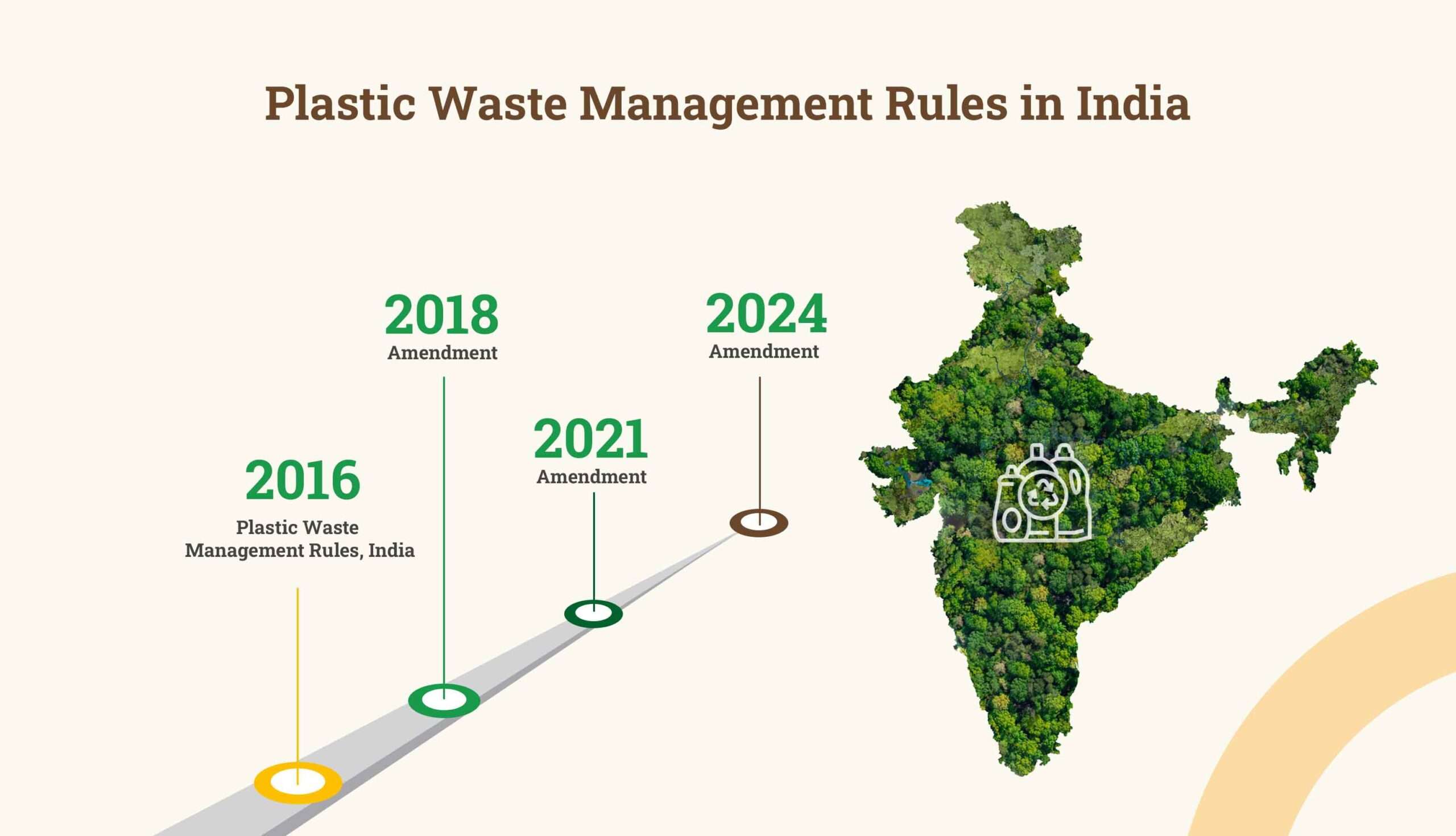
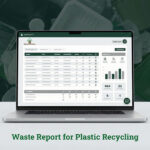 What Is Waste Reporting and Why Does It Matter in Plastic Recycling?
What Is Waste Reporting and Why Does It Matter in Plastic Recycling? What Is Bottle-to-Bottle Recycling? Why It Matters for India
What Is Bottle-to-Bottle Recycling? Why It Matters for India The Role of CSR (Corporate Social Responsibility) in Waste Management
The Role of CSR (Corporate Social Responsibility) in Waste Management What is Takeback Program & Their Role in Building a Circular Economy
What is Takeback Program & Their Role in Building a Circular Economy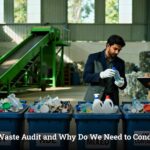 What Is a Waste Audit and Why Should Recycling Companies Conduct One?
What Is a Waste Audit and Why Should Recycling Companies Conduct One?